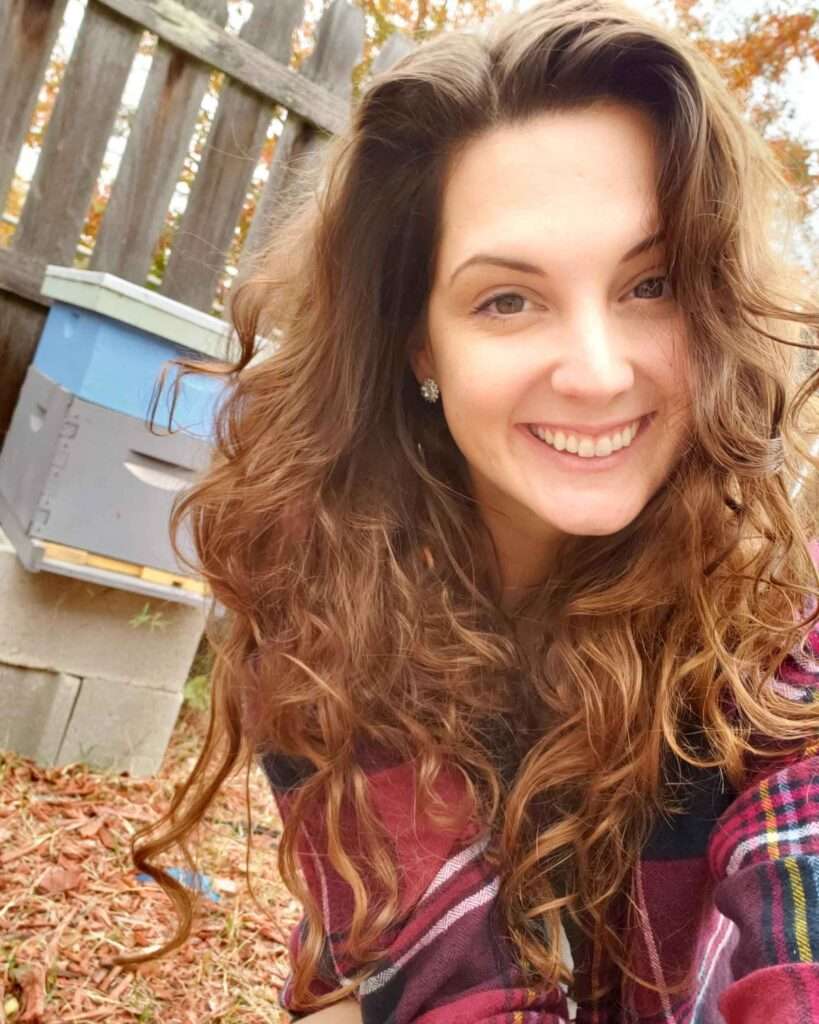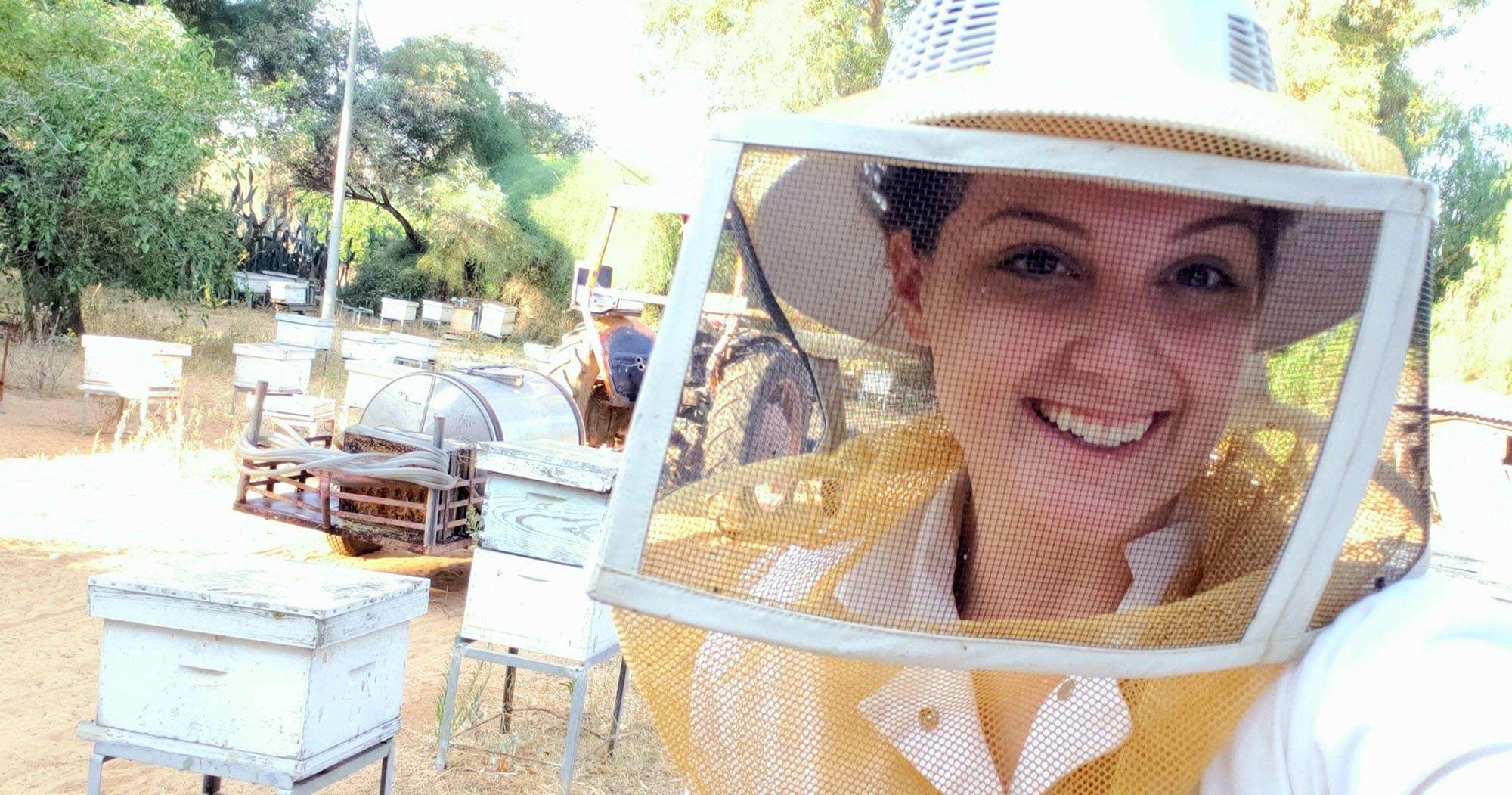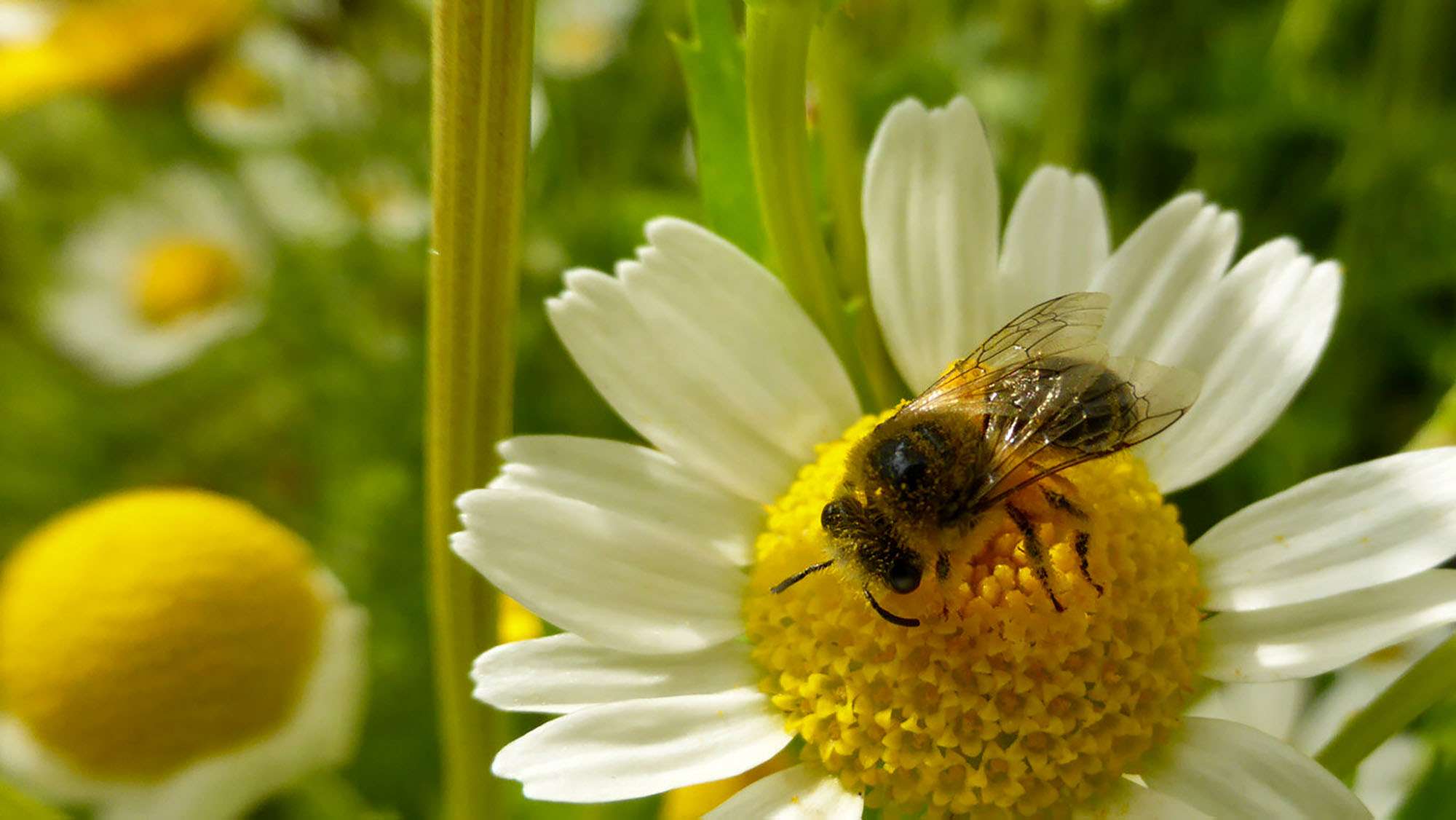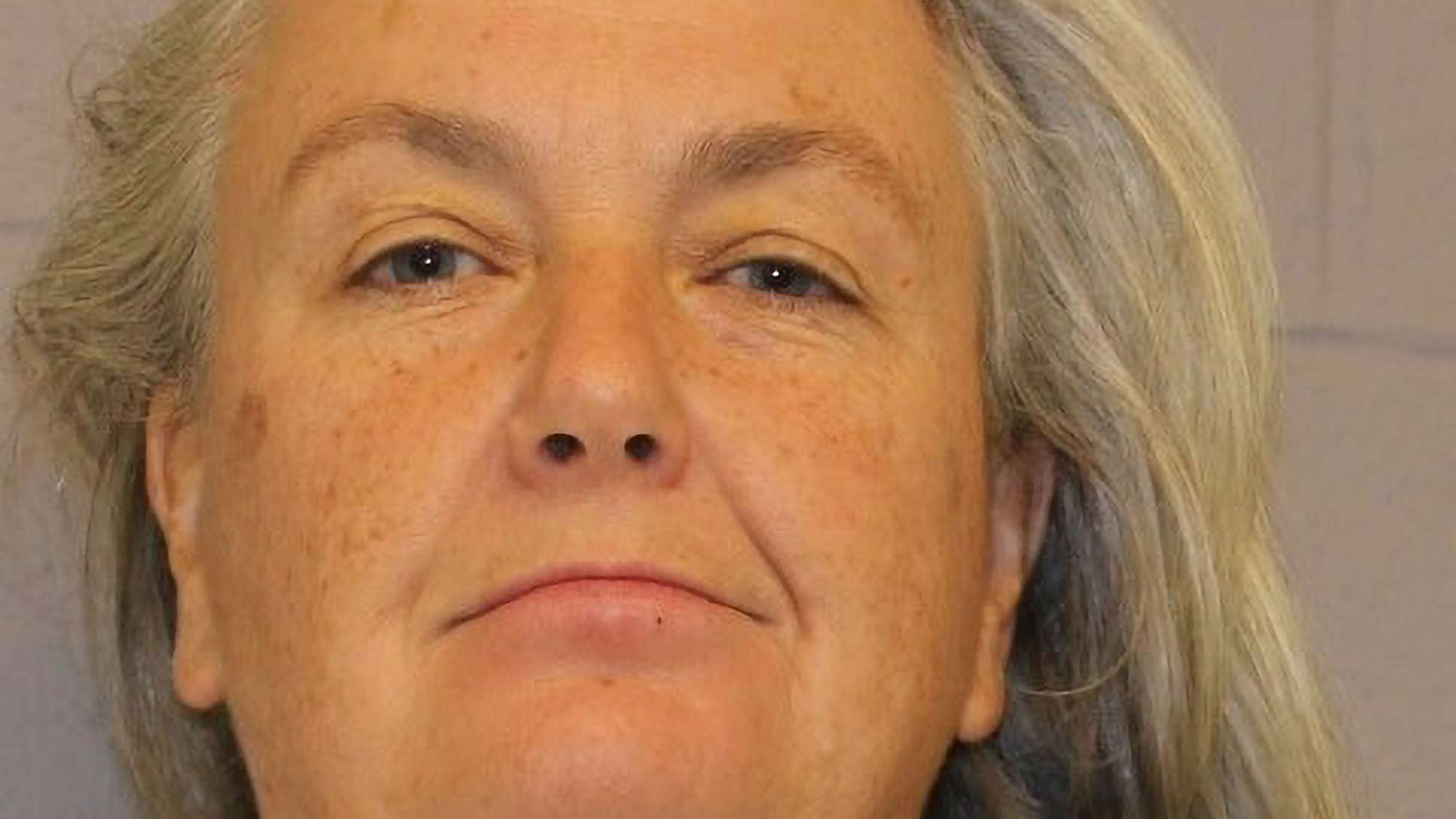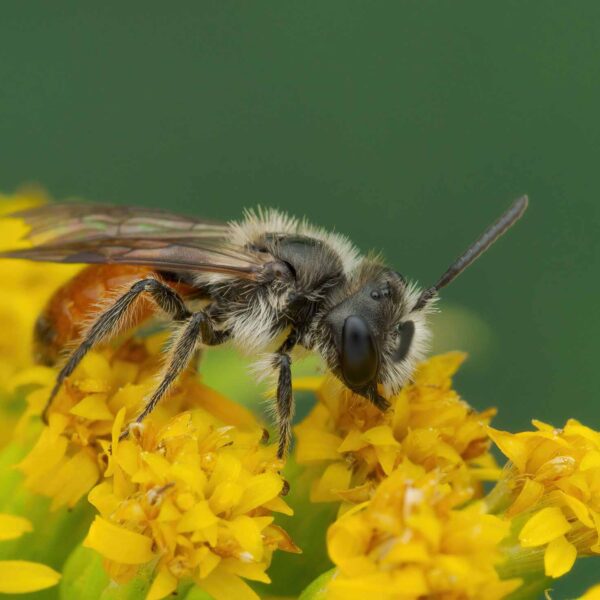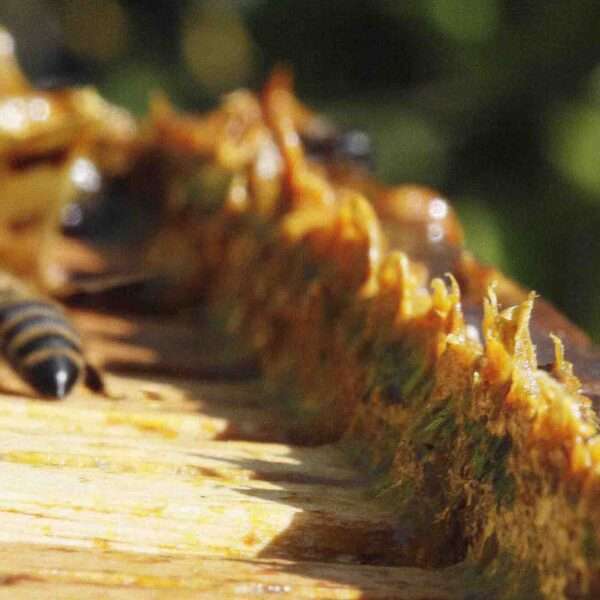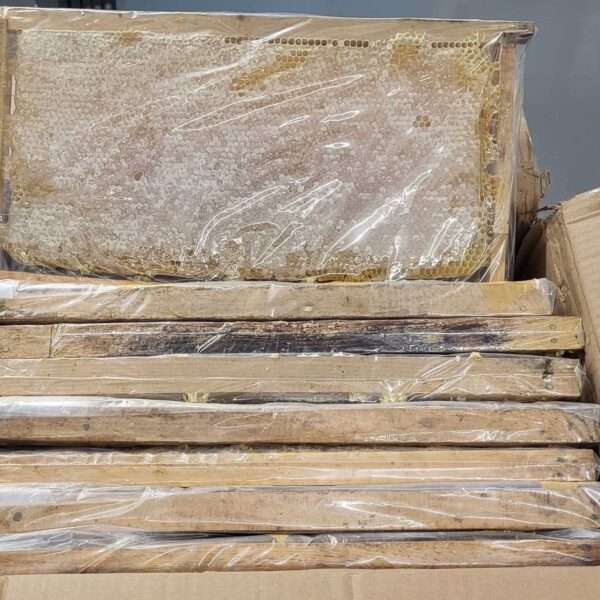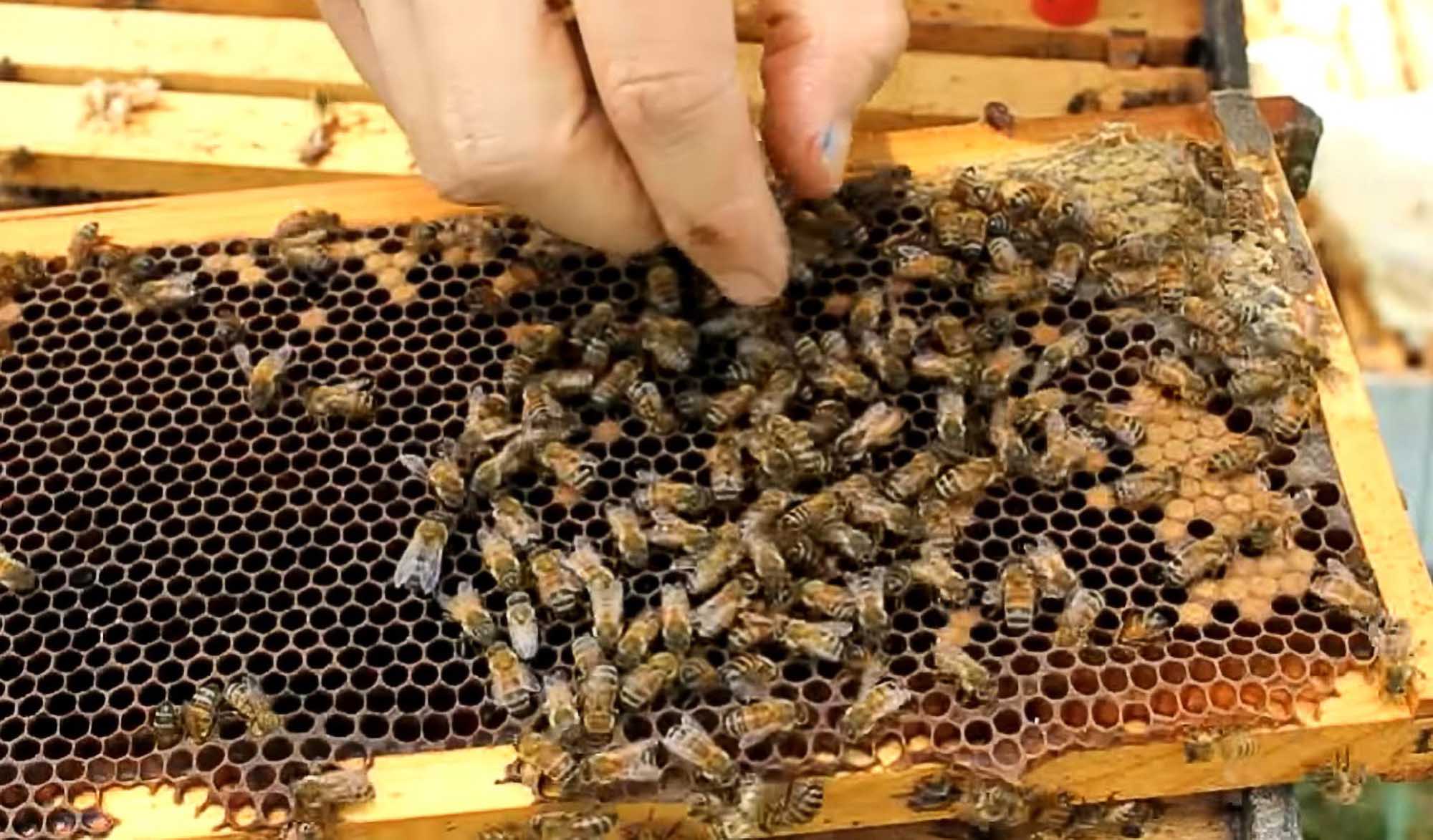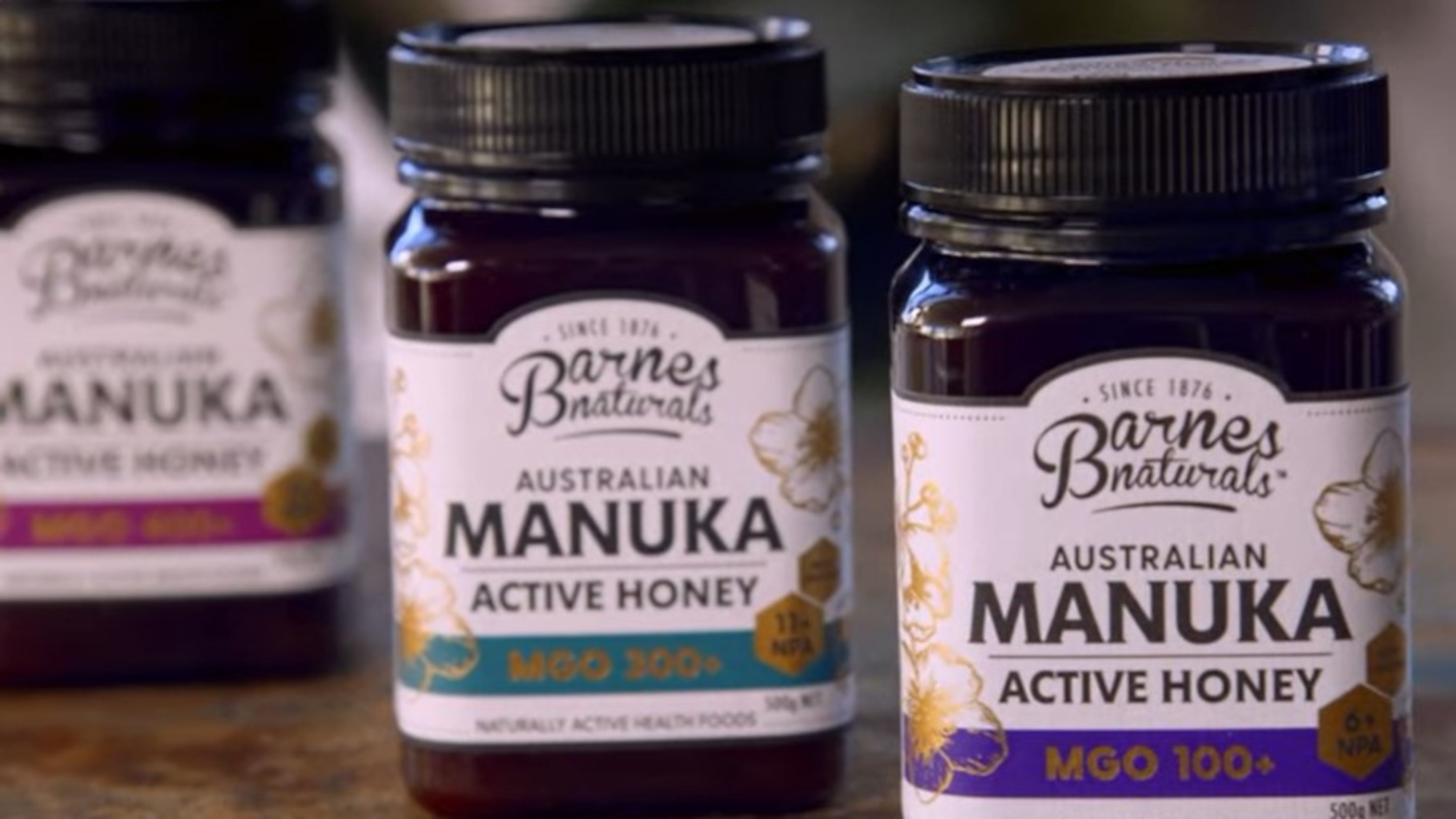A bee scientist who is working to bring an anti-varroa lab invention to the market has underlined the importance of educating the younger generation about bees.
Phoebe Snyder – who currently researches at the University of North Carolina at Greensboro – told NewsX: “We need to make sure that kids are knowing the difference between a bee and a wasp. People must stop seeing bees as a nuisance and instead realise their important role in global food security.”
Snyder teamed up with fellow researcher Kaira Wagoner to establish their own small company, Optera (https://opterabees.com/), around two years ago.
She explained: “Kaira and I were doing research in the same lab. She has been working on this project for the past 10 years. When we were making plans about what to do next, we eventually decided to set up our own business.”
Beekeepers in the United States lose up to 40 per cent of their hives mainly to diseases transmitted by varroa, an infamously destructive parasitic mite.
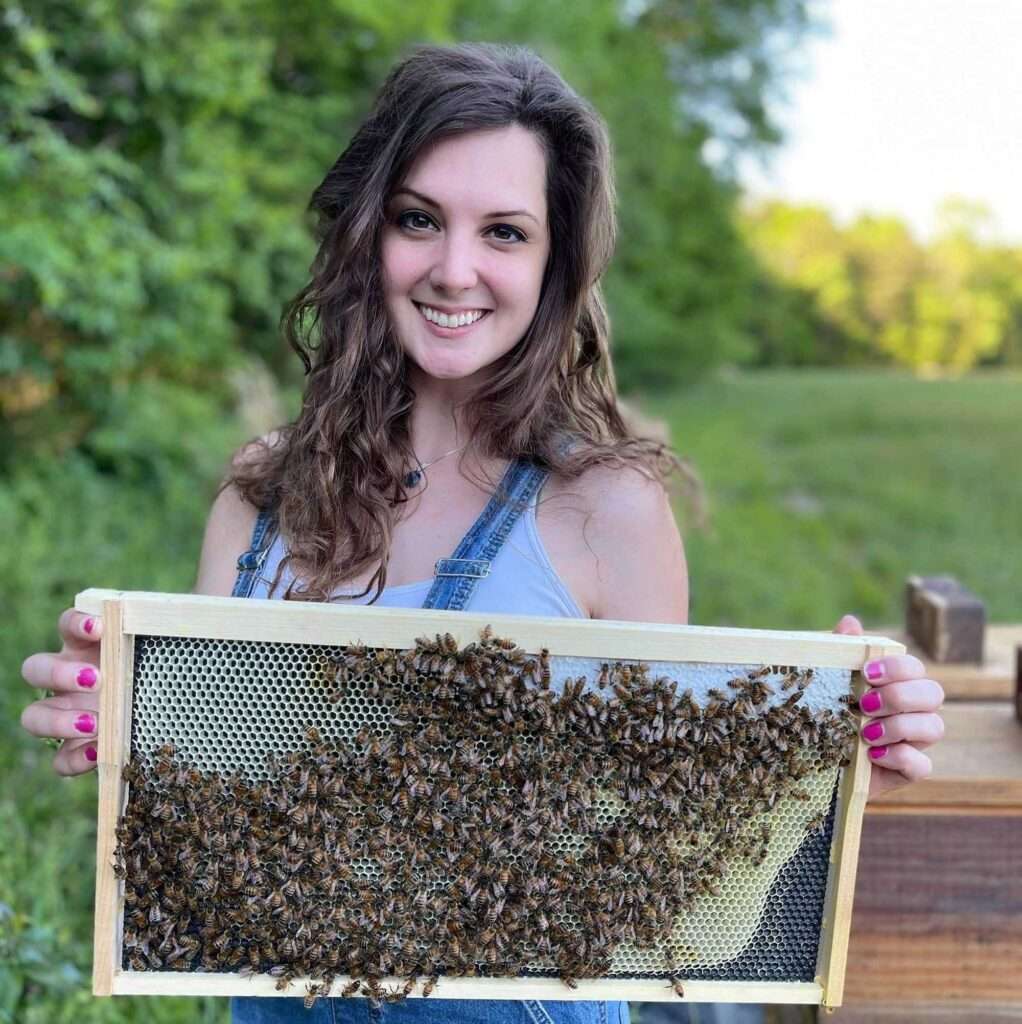
The duo has developed a non-lethal diagnostic test composed of natural honey bee pheromones that helps beekeepers determine the genetic ability of the hive to self-manage mite infestations.
After having received a government grant earlier this year, Snyder and Wagoner are determined to intensify their research to launch their product in 2023.
Speaking to NewsX, Snyder stressed the danger posed by the varroa mite: “Varroa is presenting the biggest problem for a lot of different reasons. The viruses are getting more virulent. Mites are building resistance to some treatments, which makes them less effective over time.”
The varroa destructor – which feeds on honey bees – reproduces by attaching to the body of the bee. The insect gets weaker as the mite sucks its fat-storage cells. A significant mite infestation leads to the death of a honey bee colony.
Prof Dr Robert Paxton from Martin Luther University in Halle, Germany, recently warned: “The new variant of the Deformed Wing Virus is already the dominating force in Europe. I fear it’s just a matter of time before it will have forced its way worldwide.”
Snyder – who describes herself as acting as a “50 per cent scientist and 50 per cent CEO right now” – started focusing on bees at Stevenson University in 2015.
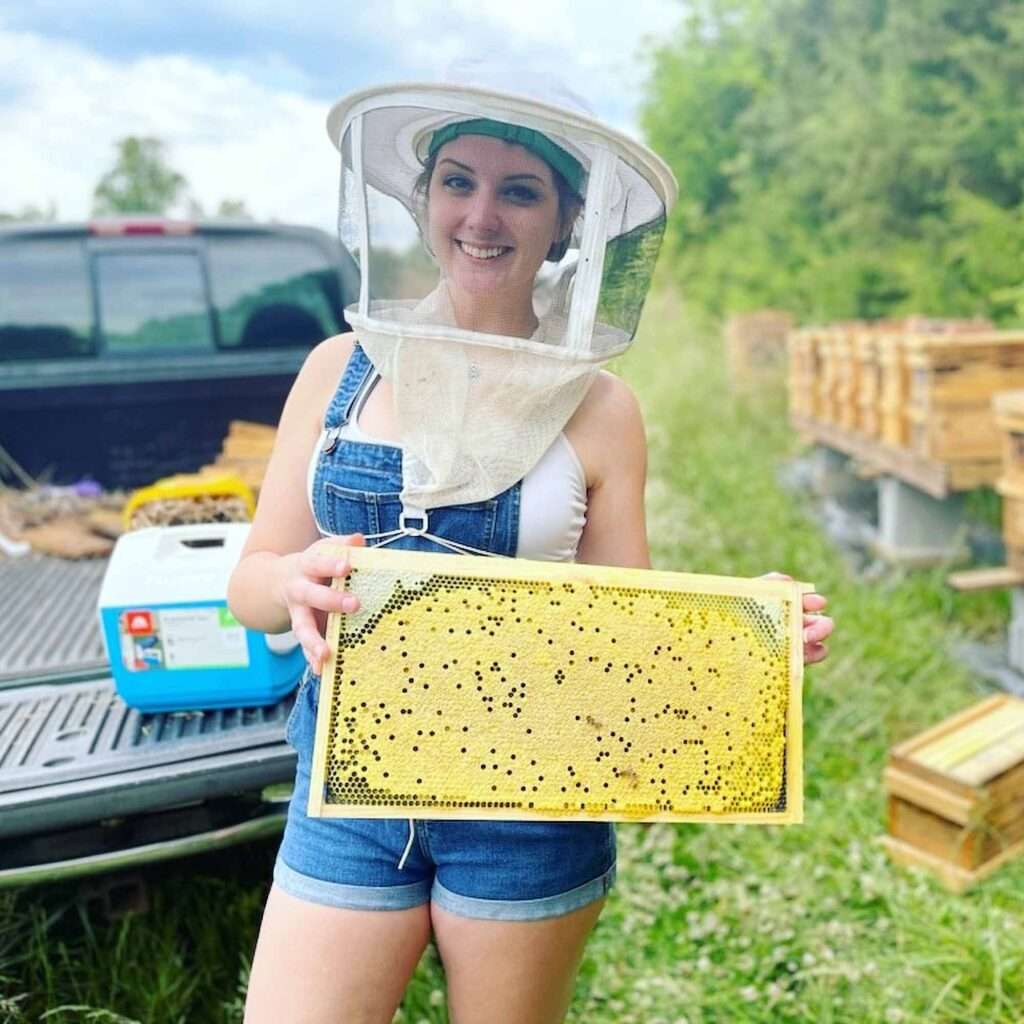
Now the biologist – whose CV is packed with work experience across the United States and abroad – is looking forward to an assignment as an adjunct professor and to numerous talks.
Snyder – who dreamed of becoming a scientist as a child – has been asked to hold lectures at numerous beekeeper association assemblies.
Beaming with enthusiasm for her topic, Snyder told NewsX: “One of the coolest things I get to do is talk about bees to people. I’m excited to educate more beekeepers about how important hygiene is for a functional hive.
“For me, it’s great to come out of the lab. Starting from examining the behaviour of individual bees and now working with commercial beekeeping operations with up to 50,000 hives is fascinating.”
Snyder’s Instagram account – @themetalbeekeeper – is excelling in providing insightful knowledge on hives’ hygienic behaviour in an appealing way.
Asked to reveal the background of her account’s moniker, the former US Department of Agriculture researcher said: “I’ve been listening to metal since I was a kid. I think my brother got me into it. Especially when I’m out in the hives by myself, I like to listen to my favourite music. It helps me concentrate.
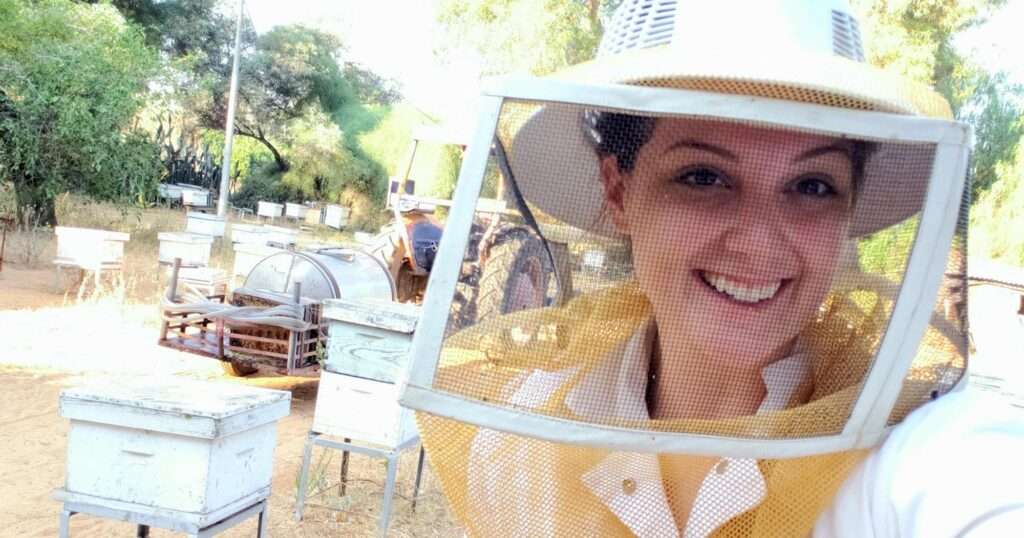
“I actually went to arts high school because I wanted to be a professional violinist. I soon realised that this is probably not gonna work out. I still play now and then though.
“Now I enjoy going to concerts. Some of my favourite bands perform in the area every now and then.”
Despite her scientific and business endeavours, Snyder finds time managing two hives in her backyard in Greensboro, North Carolina.
Asked by NewsX what the public can do to support bees and protect the environment, she said: “Homeowners should leave some natural forage in their yards. Everywhere I see this huge green grass, all the way up to the house.
People should not spray so much. (Herbicide) Roundup contains glyphosate which is really toxic to bees.”
“We must not forget native pollinators. Bumblebees and carpenter bees are suffering too.”
